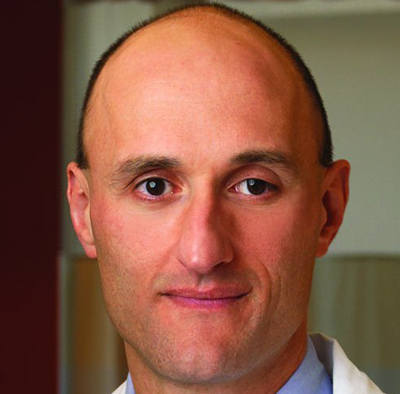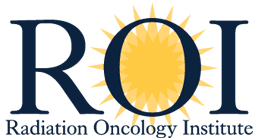William F. Regine, MD

What is something not many people know about you?
I am the second of four children; my parents were born in Italy and eventually settled in Brooklyn, N.Y. My mother was one of 13 children who all raised their families in Brooklyn, so I had lots of cousins. Growing up, I was kind of a smart-mouth, but I loved school and did well. I always seemed to have a connection with coaches and teachers, and there were always people, even neighbors, who liked giving me advice and guidance. I was the first in my family to earn a postgraduate degree and the only one to go to medical school.
What was your first job?
I worked several summers as a camp lifeguard and swim club director and once rescued a teenage boy who was suffering an epileptic seizure at the bottom of the 12-foot diving well. It was one of four saves during my career as a lifeguard and the start to wanting to “save” more people, leading me to a career in medicine.
Why did you decide to go into the radiation oncology field?
During medical school at Syracuse University, I was initially drawn to orthopedics and sports medicine. However, while playing basketball one afternoon in the university gym, I got into a near scuffle with an opponent who happened to be the chief resident of radiation oncology. After the game, when we approached one another to make peace, we got to talking about work. The line from the chief resident, Brad Cohen, MD, that I most remember from that conversation is: “Man, radiation oncology is the best kept secret in medicine.” The encounter on that court ultimately changed the course of my life. I made sure to rotate through radiation oncology and found the work extremely gratifying. Unlike in sports medicine, every radiation oncology patient was facing serious disease. I wanted that challenge day in and day out. I remember people saying, “Cancer—it’s so depressing,” but you’re curing patients. And those who can’t be cured can be palliated. It’s actually rewarding and the patients are most gratifying.
What are your hopes for the future of radiation oncology?
Currently my biggest hope for radiation oncology is that new efforts being made today (such as the Radiation Oncology Institute) will enable our specialty to regain and/or increase our presence at the “national cancer leadership table.” The abilities of our colleagues in surgical and medical oncology to impact the direction of cancer care in this country, whether it is in research, education or clinical care, seem to be much greater than that of our own specialty. Not to say that the roles of surgery and chemotherapy in the management of cancer should be viewed in any way to be less significant than that of radiation oncology, however their leadership roles/voices at the national level are currently disproportionate to that associated with the voice of radiation oncology. I attended a recent meeting in Washington involving academic chairmen in radiation oncology and learned that amongst the National Cancer Institute sponsored “Cancer Site Specific Task Forces,” radiation oncology representation as a specialty is “no more than 10 percent.” While this is clearly reflective of the disproportionate misrepresentation of our specialty in terms of driving the cancer agenda nationally for patients and the public, it also represents the great opportunity we have as a specialty to improve our presence for the greater good of patients and the public.
Why do you support ROI?
It is clear that we, as a specialty in radiation oncology, need to “re-invent” ourselves. In particular, I am referring to how we present research findings and represent the quality scientific data that reflects the life-saving and quality-of-life benefits we provide through the use of radiation therapy for cancer patients. We are much too humble in my mind in comparison to our colleagues in medical oncology in representing our potential impact on patients and their associated tumors. This is where the ROI represents a unique opportunity all of us need to support. To truly have an organization completely focused on enhancing and promoting the critical role of radiation therapy and its impact on the lives of cancer patients is long overdue. I think all of us would agree that what ROI represents is very much needed now more than ever for our specialty and even more so for the benefit of cancer patients worldwide.
Dr. Regine is the Isadore and Fannie Schneider Foxman Chairman and professor of radiation oncology at the University of Maryland School of Medicine and Executive Director of the Maryland Proton Treatment Center. He is also a Patron in the ROI Founders' Circle.














